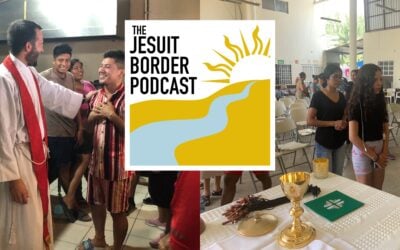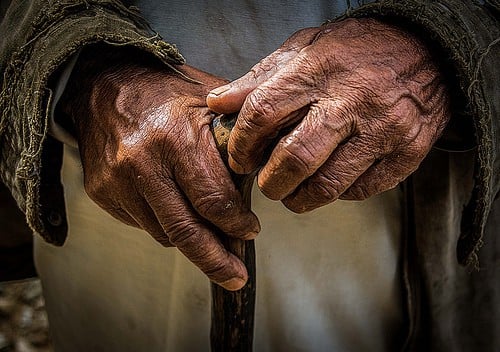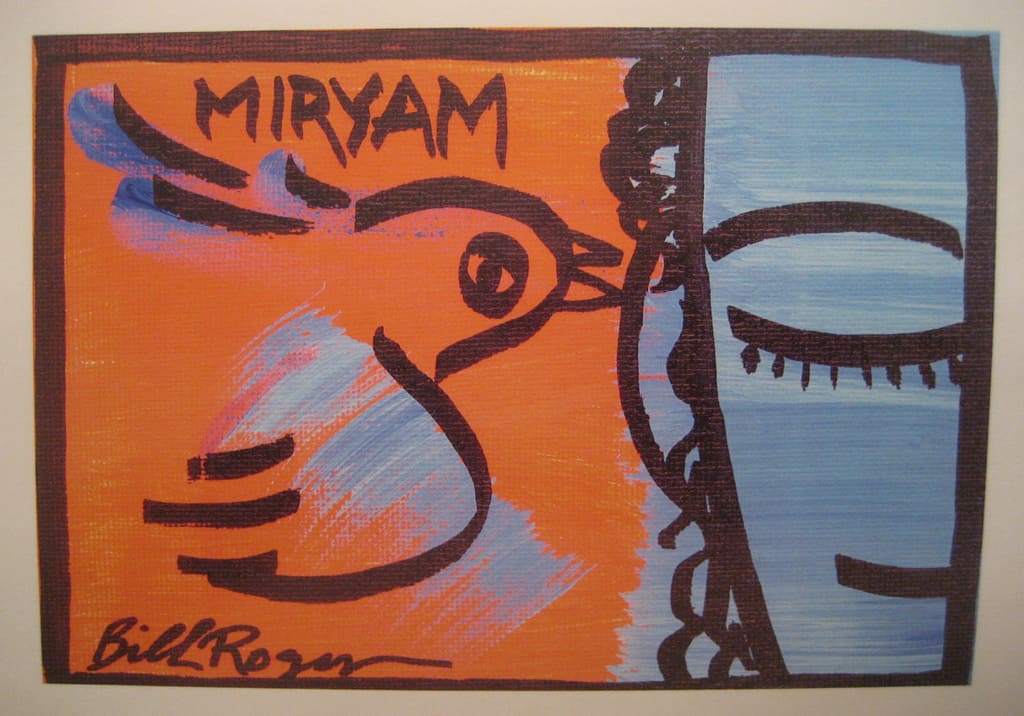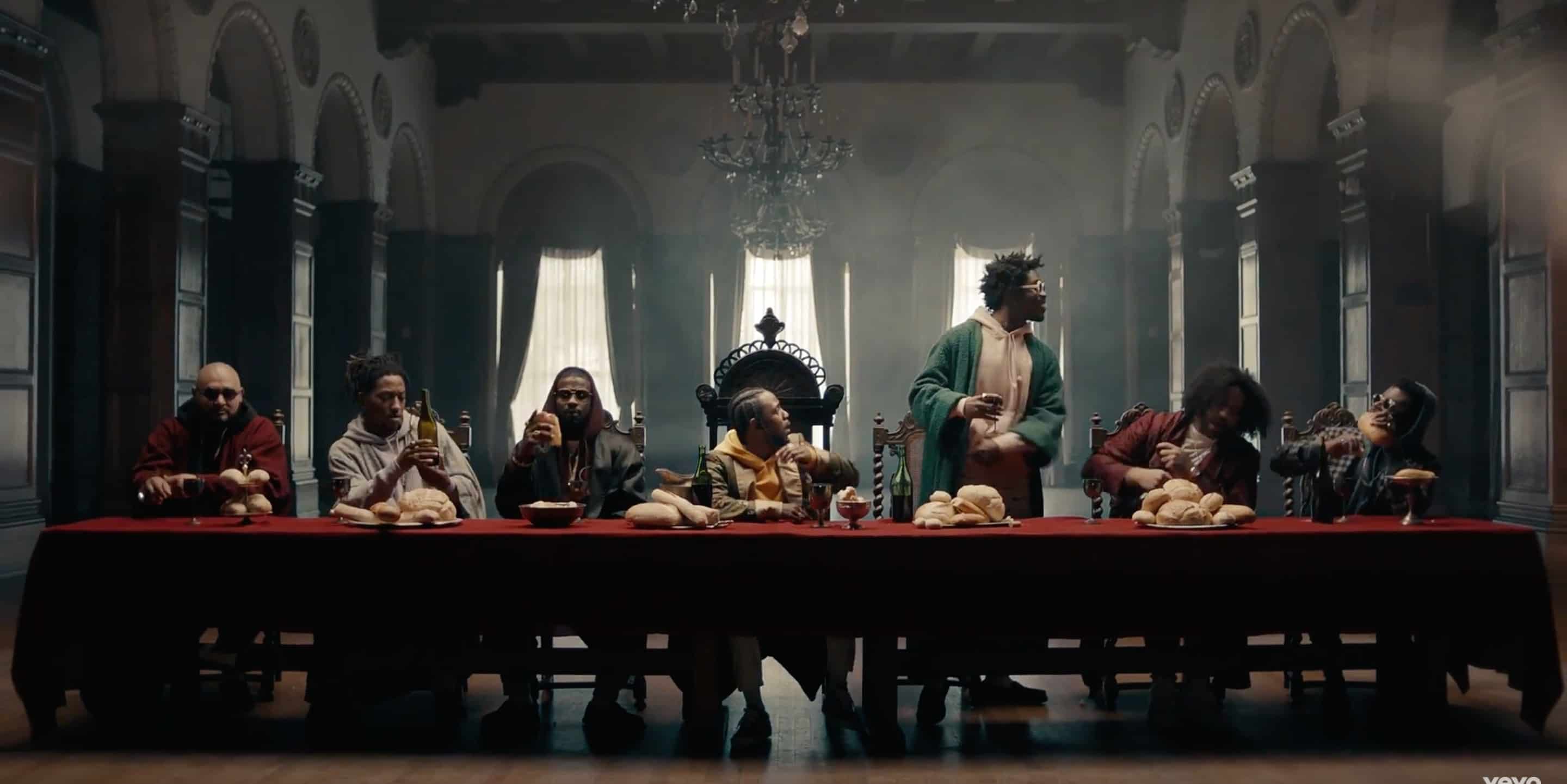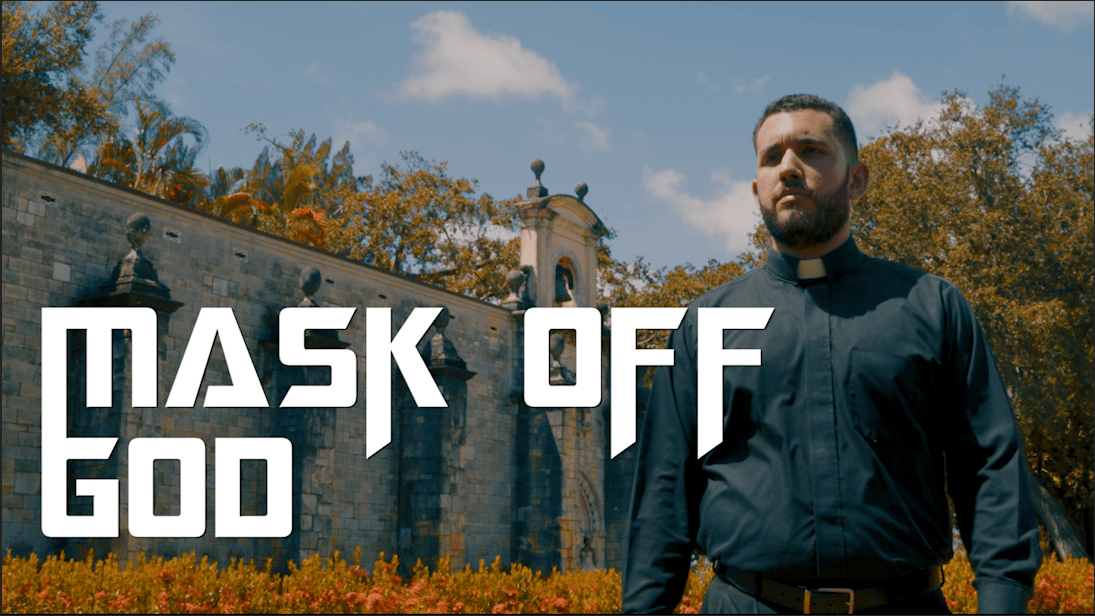Louie Hotop, SJ, and Brian Strassburger, SJ, are two recently ordained Jesuit priests working on the US-Mexico border in Brownsville, TX. They’ve started the Jesuit Border Podcast to share stories and interviews that explore the humanitarian response along the U.S.-Mexico border from a Catholic perspective. Check it out and subscribe!

All posts by Philip Nahlik
Originally from St. Louis, MO, Philip studied philosophy and theology while finishing his Ph.D. in chemistry at Loyola University Chicago. His professional work focuses on K-12 science curricula and teacher development, especially around incorporating ethics, spirituality, and environmental topics into science classes. You can often find him listening to music, drawing, and reading sci-fi. You can follow him on Instagram: @philnyesciguy
Phil left the Jesuits in 2025.
Joined in 2021 8 posts pnahliksj@thejesuitpost.org
32 Reasons to Celebrate Labor Day
Joe Simmons, SJ counts down 32 reasons to celebrate this Labor Day.
Holy Mary (is My Homegirl), Mother of GIFs
Feminism, flirting and Ignatius in a scarf giving a sassy examination of conscience? Yep, it’s part 2 of our interview with Mary is My Homegirl.
There’s Something About Mary (is My Homegirl)
Tim O’Brien and the author of the tumblr “Mary Is My Homegirl” talk about her website, getting marriage proposals from fans, and what it’s like to be the funniest Catholic on the web (sorry Jake Martin!)
Taking a ‘Long, Loving Look’ at Kendrick Lamar’s Disturbingly ‘Humble’ Hip-Hop
Michael Martinez, S.J. thinks you’ll be surprised by how much Kendrick Lamar has to teach you about being prophetic in his controversial “Humble” music video.
Ignatian “Summer-Soul” Workout Plan: Part 2
Time for round two! Coach St. Ignatius of Loyola gives us five more spiritual exercise tips to continue getting that soul “Kingdom-ready”!
14 (Other) Ways to Show Love on St. Valentine’s Day
Joe Simmons, SJ offers 14 ways to show the people in our lives love on Valentine’s Day — or any day.
“Mask Off God” Rap: Unmasking Hidden Holiness
Jesuit rapper Michael A. Martinez, S.J. releases new “Mask Off God” music video and unmasks the hidden sacredness behind Future’s original song.
Top 10 Jesuit Events of the 2010s
What a decade for the Jesuits! The 2010s included Sister Jean’s Final Four run, Missy Franklin’s gold medals, new books by James Martin, S.J., the founding of Arrupe College in Chicago, the canonization of Peter Faber, the birth of The Jesuit Post, and (oh yeah!) the election of Pope Francis. Let’s count down the TOP TEN Jesuit events of the decade.

